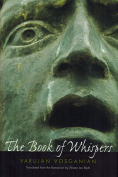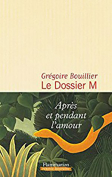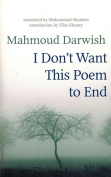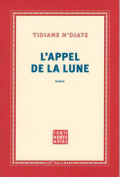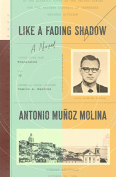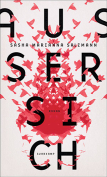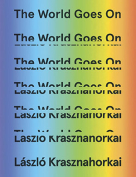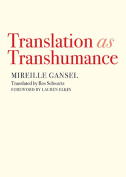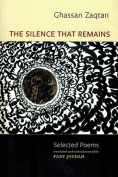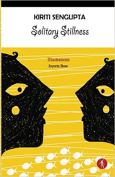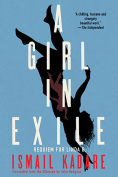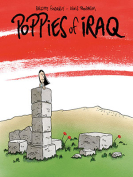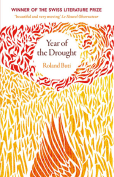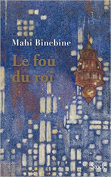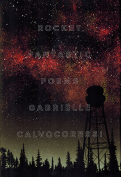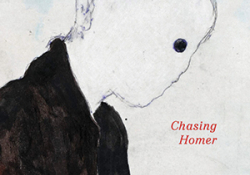The World Goes On by László Krasznahorkai
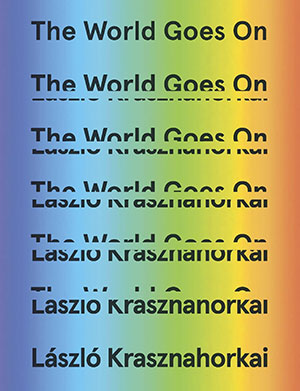 New York. New Directions. 2017. 351 pages.
New York. New Directions. 2017. 351 pages.
László Krasznahorkai’s latest book to be translated into English, The World Goes On, is one of the strangest books I’ve come across in quite some time. The book itself, which is not a novel and not really a collection of short stories, is divided into three sections: “Speaks,” “Narrates,” and “He Bids Farewell.” There is a loose connection among the three sections, but the reader does not necessarily have to concentrate on the connection in order to make sense of the whole, because the book, when taken as a whole, defies a certain logic.
Readers used to enjoying a traditional, linear narrative will initially meet with frustration and perhaps incomprehensibility in these pages. In fact, this is not a book that should initiate one’s relationship with Krasznahorkai. Yet, taken in pieces, The World Goes On provides some of the most provocative writing in contemporary literature. The reader must adjust his or her expectations here and give in to a sense of wandering that a reading of the book demands. That is, one doesn’t so much read The World Goes On as experience its almost hallucinatory narratives. The first chapter, “Wandering-Standing,” presents us with a voice attempting to depart. “I have to leave this place, because this is not a place where anyone can be, and where it would be worthwhile to remain, because of this place,” and the sentence goes on for pages. Later, in the “Narrates” section, the narrator, who may or may not be the same narrator in the first part, declares: “I don’t want to die, but just to leave the Earth.”
The World Goes On is a demanding book, luring the reader into its pages like the Sirens singing their songs to that other lost and wandering soul, Odysseus. But the book also carries with it an eastern European flavor as written by someone like Alain Robbe-Grillet or, more recently, Mathias Énard. This is not a book to read from beginning to end, or from left to right. The reader is, I suspect, intended to get lost among its pages, picking and choosing chapters at random, and with a kind of abandon that demonstrates the magic of getting lost in a book. The World Goes On is a terrific book in which to lose oneself, for a few minutes, hours, or days. It’s the perfect traveling companion for trains and buses, or for park benches and bars. The important thing is to leave oneself open to the experience of reading a series of stories, observations, and memories that will leave a mark on the reader with the most subtle of gestures. The book demonstrates an author willing to dive deeper into the consciousness of what it means to read contemporary world literature in the twenty-first century.
Andrew Martino
Southern New Hampshire University




